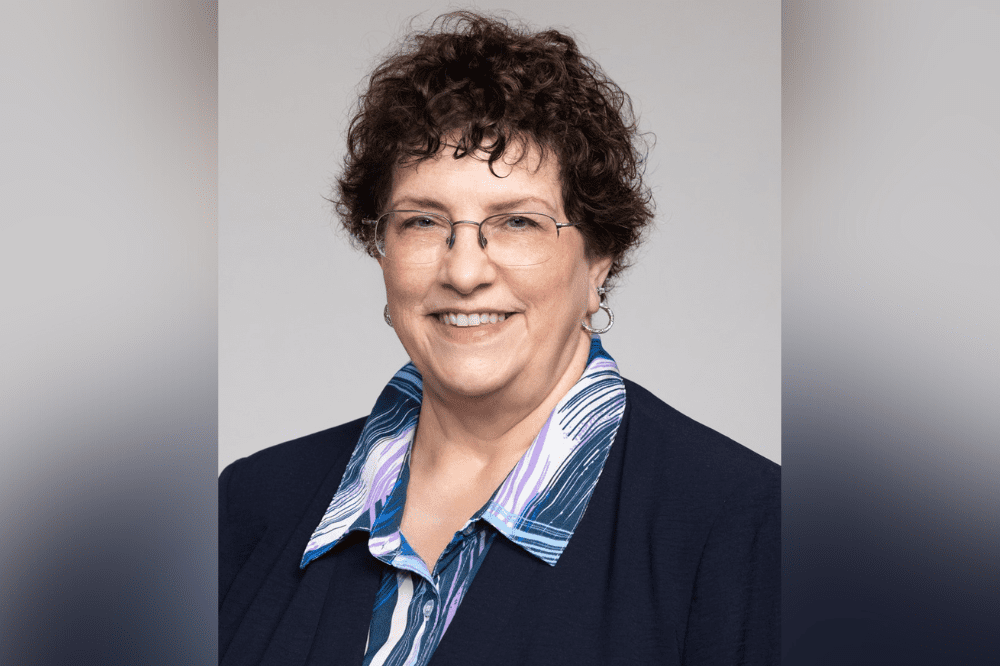Beneficiary Designation – Are you up to date?

Over the last two years there have been a number of cases brought specifically regarding beneficiary designations. Changes to legislation and the differences between the rules across Canada vary so much that it is understandable that sometimes unwanted issues arise for a client’s family at the point of the client’s death.
Kathryn Bennett (pictured), senior legal and estate planning consultant at Desjardins Insurance, is keen for advisors to be thorough in their conversations with clients in order to avoid issues with beneficiary designations – like the cases that have recently been brought to trial.
“We are aware of a number of trial-level cases involving beneficiary designations and the presumption of resulting trust as applied to lifetime gifts from a parent to an adult child,” she said. “While there may be litigation involving other aspects of beneficiary designations, the cases involving the doctrine of resulting trust are the ones that are sparking concerns among financial and legal professional advisors. The court cases are all at the trial level, with none having been appealed. The results of the court cases are split, which means there is not an emerging national consensus among the judiciary. This means that the legal community is also divided in terms of the recommendations that they can provide to clients. The cascade effect of this uncertainty is that financial advisors are very much on the frontlines in terms of the beneficiary designation planning recommendations that they make.”
When considering the court cases mentioned by Bennett, in the case of Simard v. Simard Estate, 2021 (https://canlii.ca/t/jj65r), the case included two RRIFs from different financial institutions, only one of which had an active long-term advisor. The RRIF where the deceased had met with her advisor, and discussed and documented her plan to designate one of her daughters as the beneficiary, went to the daughter as planned. However, the second RRIF whereby the deceased’s intentions were not documented, went to the estate.
Bennett believes ensuring that beneficiary designations are kept “evergreen” – meaning they are reviewed and refreshed regularly – is an important part of an advisor’s work. Maintaining this regular contact also helps to maintain a good relationship. It is also important to recommend that the client consult with a legal advisor and to discuss the significance of having a will.
Of course, clients move, advisors retire, lives change; but by having due diligence when financial planning with clients and not just allowing them to fill in a form, a lot of issues can be avoided. By asking questions and fact-finding, advisors can be sure they are offering the best advice to their clients even if that advice is not what the client wants to hear. Advisors who really know the client and know where they are at that point of their life, can help build a good, solid financial plan for their needs at that time. Maintaining that relationship and continuing to ask the big questions about their lives can ensure this plan continues to work for the client.
“A good financial plan isn’t one and done, it will change over time as my client’s circumstances change,” Bennett explained. “One of the things that’s important for an advisor in the fact finding is to ask things like ‘Do you have any other life insurance? Or RRSPs or TFSAs anywhere else?’ And ‘Who’s the designated beneficiary for those? How much are they worth, what planning was done?’ And it’s more to identify them because clients sometimes forget that they have these in place.”
Advisors also need to ensure they are up to date with the different, and sometimes conflicting, rules affecting different jurisdictions. For example, clients who live in Quebec but have property or a business in New Brunswick will need complex planning to ensure that their plan encompasses the different rules for each province. Bennett further discussed how different rules could also affect those Canadians who have family outside of Canada.
“So many adult Canadians were born in another country. They may end up with an inheritance from another country, so the planning can be when it’s very long-term saying, ‘Are you anticipating an inheritance?’ Perhaps from parents, but they live in another country and that requires further complex planning.”
Ultimately, Bennett feels that so many issues surrounding beneficiary designation could be avoided with thorough and proper fact-finding with clients. This means asking deep and personal questions that do not leave space for issues to arise, which only become known once the client is dead and unable to explain their intentions. If their wishes are known, clearly documented and updated as needed, then a solid financial plan will be developed, and the clients’ needs will be met. Bennett finished with some solid advice.
“We’re not all up to date, so we could all do better,” she said. “The more we know, the better we can do for our clients, and they are the ultimate [reason] why do we do what we do.”





